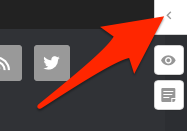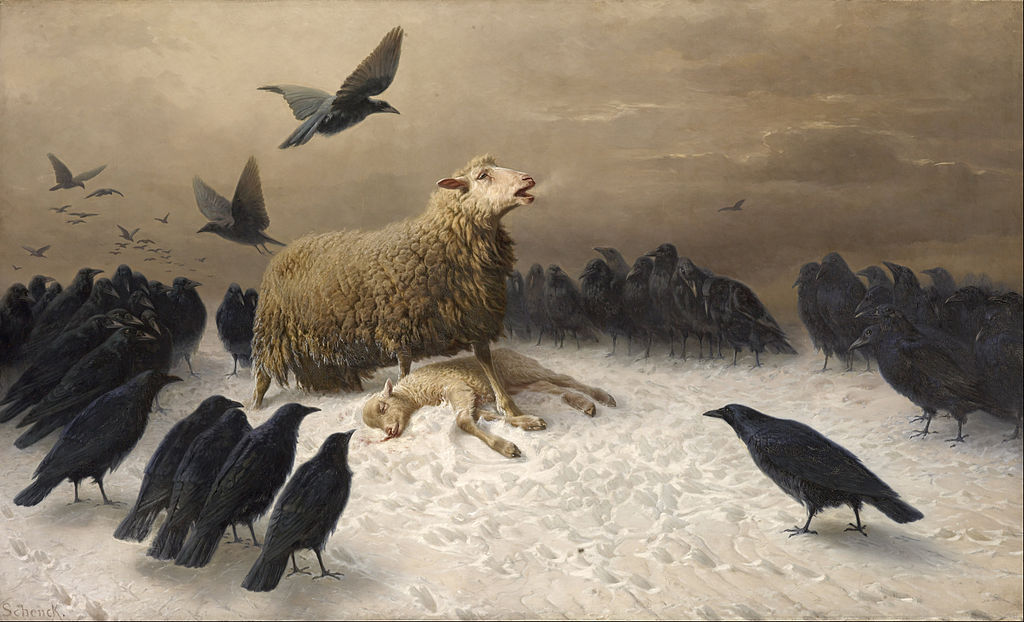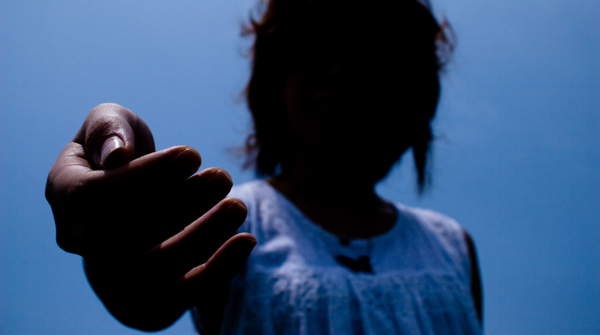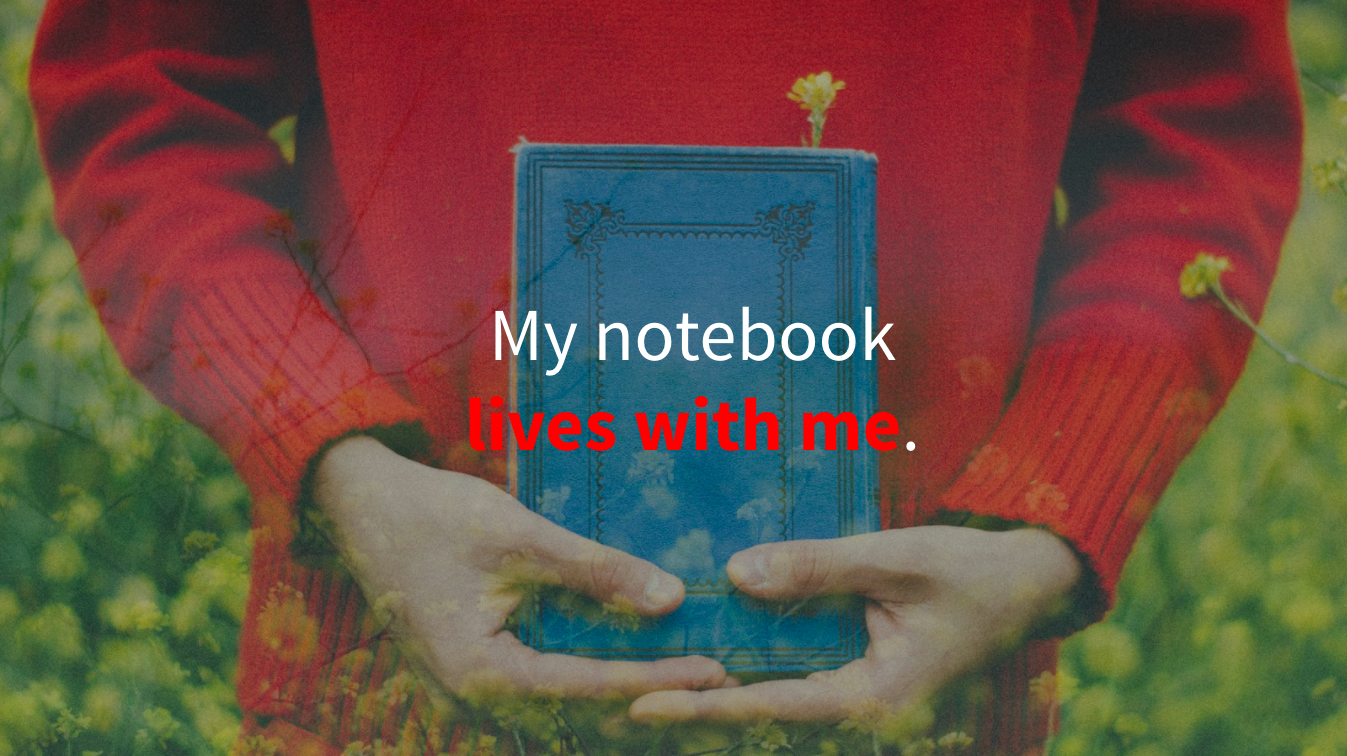While every Open Education conference I’ve attended has been fantastic, #OpenEd17 was by far the best yet for me. It wasn’t just that there were great presentations (there were), and it wasn’t just that so many great people were there (they were, tho some were missing), nor was it the way we connected beyond the event (we did) via Virtually Connecting, the remote participation during the How can we destroy the open education movement? session, or what we hope is a way to keep the conversations going annotating together. What made #OpenEd17 so great was the way that the conference, some fortuitous conversations, and my own thinking came together so powerfully in a way they never have before.
Education
Opening the Citizenship Commons
As a part of participating in the #OpenEdMOOC, we’ve been asked to reflect on copyright, the public domain, and the commons and I’m inspired to link these topics to the thinking I’ve been doing on opening knowledge practices (OKP).
One of the fundamental assumptions I’ve been making is that OKP must be centered in public institutions like schools, colleges, universities, research groups, libraries, and maybe in some cases, nonprofits. Why? Because — at least in the US — only public institutions have both the track records to house persistent practices and are mostly aligned with the values that infuse OKP — in their missions if not always in their practices. For-profit, commercial organizations may certainly make invaluable contributions to OKP, but have not shown themselves to have the lifespans nor sufficient alignment with OKP values to be primary stewards.
Why Open Matters
There are many efforts to “open” education and scholarship: open access, open data, open educational resources, open licensing, open pedagogy, open scholarship, open science, open source, and more. But why are we opening all these things?
Who needs digital skills?
Everyone, that’s who.
A central premise of opening knowledge practices (OKP) is that everyone benefits when people augment their literacies, skills, identities and communities with digital practices. I’ll say it again: everyone benefits — not just practicing individuals, but society as a whole. Just like everyone benefits when people learn to read and write.
So OKP is more than yet another call for technology education or job training, it’s a call to open knowledge practices as widely as possible, for people of all ages, in all stages of life or lines of work, whatever their existing literacies, skills, identities and communities.
Opening Knowledge Practices
I’ve become increasingly interested in how I can help empower people to have greater agency in their lives to build a better life for everyone through our mutual engagement in acquiring, generating and sharing knowledge, an effort I’m calling “opening knowledge practices” or OKP for short.
Why do I call it “opening knowledge practices”?
Marketing Hypothesis
I’m incredibly excited—and deeply honored—to be joining the team at Hypothesis, the organization behind the capabilities that enable everyone to take digital notes, everywhere. At Hypothesis, I’ll be leading marketing: telling the stories that engage people to add a new layer to the web.

If you haven’t seen Hypothesis before, look in the upper right corner of my blog and you’ll see buttons that let you create and add to your own digital notebook of annotated links. For your further travels, the easiest way to use Hypothesis everywhere is with our Chrome browser extension.





